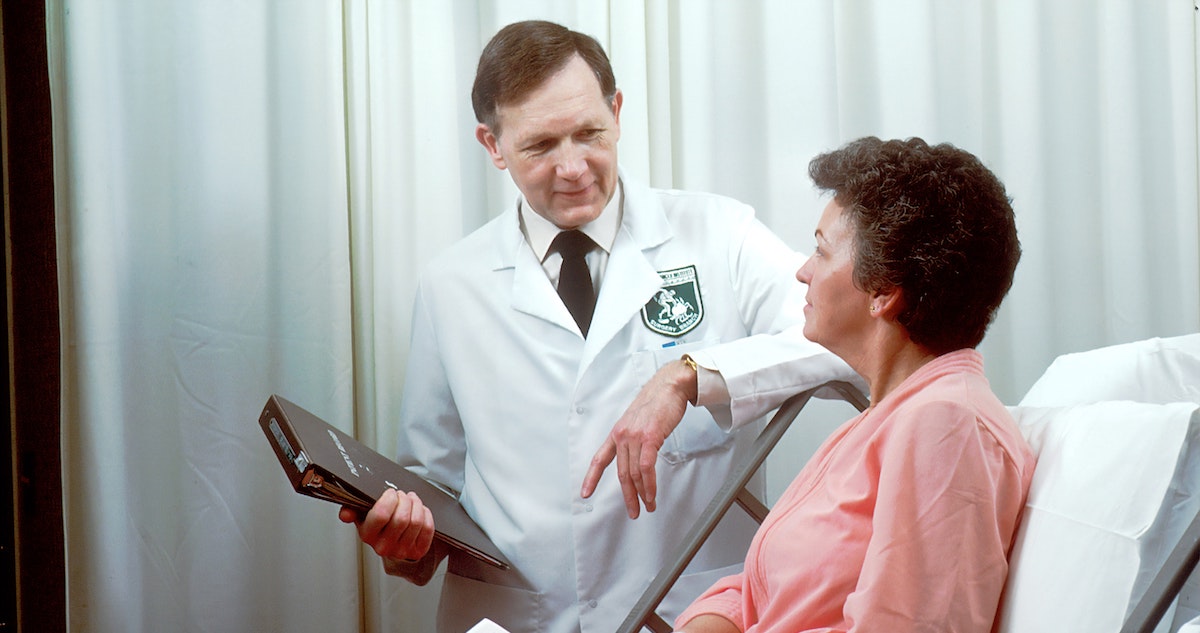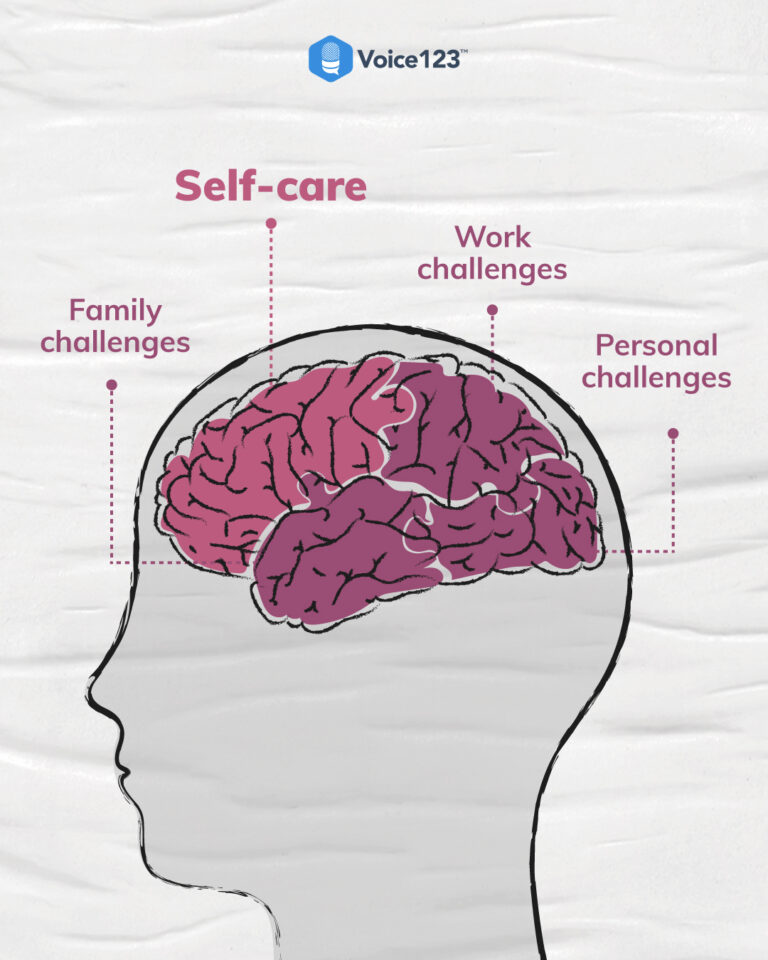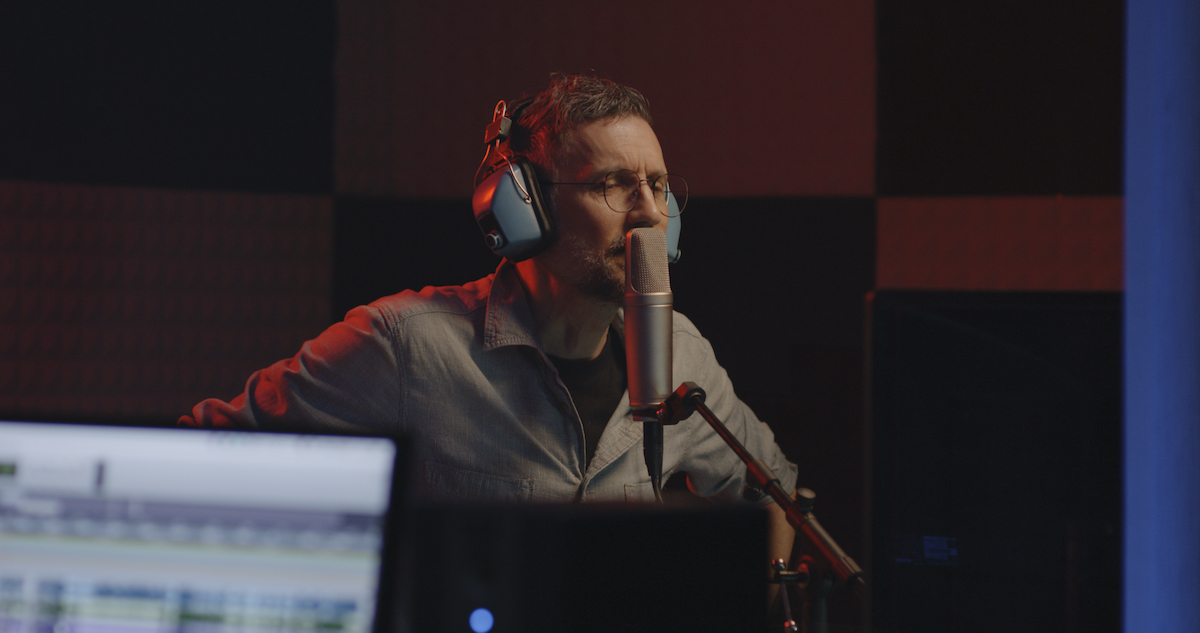Are you thinking of hiring a voice actor for medical narration? Then you need a pro. Because medical narration in voice over is a niche field — and for good reason. You cannot simply hire a regular voice actor for this job.
Why, you ask?
Well, as many voice actors who’ve become specialists in medical narration will tell you, medical terminology can sometimes be virtually impossible to pronounce! In fact, it can get so dense it’ll make your head spin, and your eyes gloss over. Like pneumonoultramicroscopicsilicovolcanoconiosis. Which refers to a lung disease caused by long-term inhalation of very fine ash and sand dust. Now while this example is uncommon in everyday speech, it is a part of medical narration. Most of which can be tongue-twistingly tough. The idea behind medical narration is a bit tricky. The information that the narration discusses is not what the average person knows, yet the voiceover has to sound like the person narrating it knows the topic thoroughly.
Medical narration speaks to a variety of audiences. These include doctors, nurses, dentists, pharmaceutical practitioners, medical students — and even patients. And explainer videos, among other types, offer information to healthcare workers and other hospital staff about the ins and outs of medical procedures, illnesses, innovations, and so on. The use and effects of emerging medicines are other popular topics. So, the voice actor has to be able to flawlessly pronounce more common terms like aphthous ulcer (canker sore) without biting their cheek and giving themself one in the process. On top of that, they also need clarity, endurance, ease, flow, authenticity, and more. The voice actor must become something of an alchemist, turning all this science into art. Here’s what hiring a voice actor for medical narration entails.
The art of medical narration

According to a study by Pew Research, 72% of Internet users say they looked online for health information within the past year. This is why you need to cater to the expectations of your viewers — be it the general public or healthcare professionals — in the best possible way. Medical narration can get really technical and drenched in jargon.
Consequently, you need a voice actor who has enough experience, is versatile, and can make complex things sound simple. Not all voice actors are adept at this. Considering the specialist nature of the medical narration, it’s necessary to take care of a few critical elements before you go ahead and hire a voice actor. Keep these tips in mind before making a decision.
Look for a capable and experienced voice actor
The purpose of searching for voice actors with experience is obvious. They must be able to sound authoritative, thereby giving the impression that they are in complete command of the subject matter. You’re unlikely to trust or believe someone if they themselves don’t sound like they know what they’re talking about!
Focus on accuracy and consistency
Let’s be honest, medical jargon is hard to pronounce. How often do we say antihistamines when we can just say allergy meds? For medical narration, technical terms like antihistamines must sound familiar and be enunciated clearly. Throughout the read, the energy and clarity can’t let up. You don’t want a voice actor to home in on one particular word and then mumble the rest of the sentence. If that happens, the read won’t come across as genuine. The audience will lose interest instantly. Considering the need for high-level engagement, the voice actor needs stamina to maintain consistency, accuracy, and clarity.
Choose a voice with emotion
Ah, the heart of voice acting. Emotion is what connects people to voice over. Consequently. it’s a great tool for medical narration. You don’t need a voice actor to cry over medical conditions, but there has to be a sense of interest in the topic. When someone is enthusiastically explaining something, it’s so much easier to understand. Imagine, a boring read of the body’s functions. Yawn. Or, you could have Osmosis Jones teaching you about the body. Awesome. Just because medical narration can be complex and laden with academic knowledge, doesn’t mean it’s devoid of emotion. Good medical narration should stir interest in the topic!
Listen to a variety of voice samples

When auditioning, or filtering your shortlist of candidates, try to determine how familiar the voice actor is with voicing complex terminology. While still storytelling, medical narration is on a different level. Voice actors need to engage viewers and sound almost as if they are specialists in that particular field. Suspension of disbelief is absolutely crucial. If the subject matter is evolving, which is often the case in medicine, will the actor be available to update their original voice over months (or even years) down the line? It would be wise to book a voice actor who can give you that assurance — within reason, anyway. It helps to know that the voice actor is willing to commit to a longer working relationship rather than simply finishing the job as a once-off. Most of the pro voice actors on Voice123 also have their own websites. Check them out. Listen to a variety of work. Listen for tone, clarity, competence, and style. Read reviews. See if you can find something in the sample list that sounds similar to what you want done.
Know your audience before choosing a voice actor
As we mentioned above, medical narration frequently comes with loads of difficult, long, and complex words and terminology. Voice actors will need to cope with these without blinking. They cannot be in any way mispronounced. Their audiences will be composed of industry professionals who can be very unforgiving. They’ll lose interest quickly if the narration sounds awkward, and they won’t be back for a second offering.
Just like any other marketing effort, it pays to know and understand your audience. If you are looking to prepare videos for a student audience hoping to learn something, you need to search for an authoritative but relatable voice. Low-pitched male voices often work best in these cases. If you are endeavoring to educate medical professionals on new medicines or equipment in the market, however, you must opt for a voice that not only sounds professional and knowledgeable but also lighter and pleasant.
You’ll also have to consider the age group of the audience you’re aiming your video at. Older people may find it tougher than normal to follow high-pitched voices. A male or female voice actor with lower-pitched clarity and a soothing tone will probably work best. Noting the nationality of your target audience is a good idea, too. For instance, if you wish to make videos for a British audience, it’s wise to go for a voice actor with a solid British accent.
Final thoughts on medical narration
Between adapting to different audiences, making complex phrases flow well; speaking with clarity, accuracy, and interest; and maintaining that quality for hours of recording — medical narration can be very challenging! But you won’t want anything less for your voiceover. Put everything we mentioned above into it and the result will be a work of art. Looking for a voice over for your medical narration needs? Voice123 offers the widest selection of talented, professional voice actors with experience in the field. Go ahead and book them right away!





















































